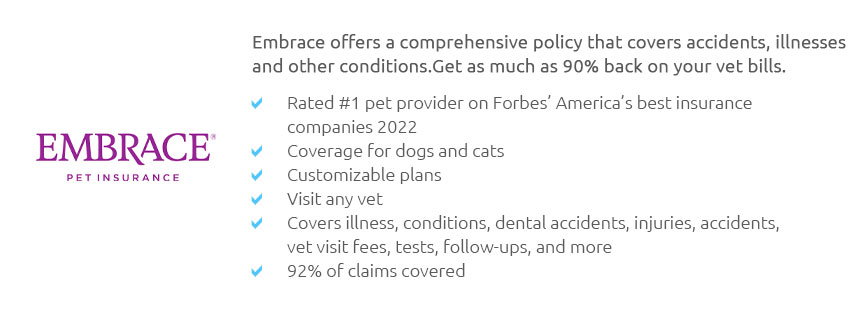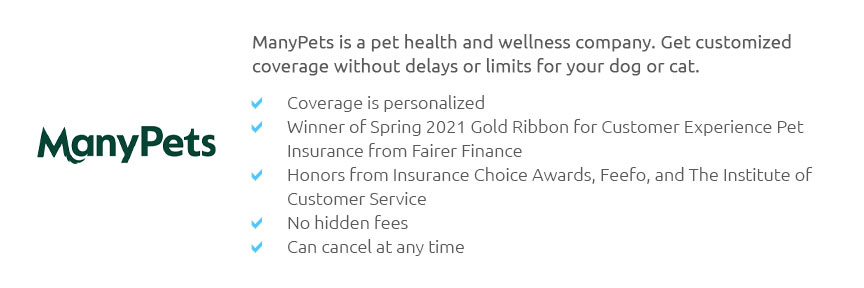 |
 |
 |
 |
 |
|
 |
|
 |
|
 |
|
 |
|
 |
|
 |
|
 |
 |
Understanding Health Insurance for Your Canine CompanionIn recent years, the concept of health insurance has transcended its traditional boundaries, extending beyond human necessities to embrace our beloved pets. As more pet owners seek to provide optimal care for their dogs, understanding the nuances of health insurance for dogs becomes increasingly pertinent. This article delves into how such insurance works, offering insights into what one might expect when considering this investment in their furry friend's well-being. Essentially, health insurance for dogs operates on principles similar to human health insurance. Policyholders pay a monthly premium in exchange for coverage, which can significantly offset the costs of veterinary care. The premiums vary depending on several factors such as the dog's age, breed, and overall health. Policies typically cover a range of medical expenses, including accidents, illnesses, surgeries, and sometimes even routine care. One might wonder why health insurance for dogs is necessary, especially if their pet seems to be in the pink of health. However, the unpredictability of life makes it a wise choice. Unexpected accidents or illnesses can lead to hefty veterinary bills, and insurance provides a safety net that ensures your pet receives the necessary care without causing a financial strain. The process of obtaining insurance is relatively straightforward. Owners can choose from a myriad of providers, each offering diverse plans tailored to different needs and budgets. It's crucial to meticulously compare these plans, considering factors like coverage limits, deductibles, and reimbursement rates. Some plans might even offer additional perks, such as coverage for alternative therapies or behavioral treatments. Once a suitable plan is selected, the pet undergoes a health assessment. This evaluation helps determine the coverage specifics and the premium cost. It's noteworthy that pre-existing conditions are generally not covered, which underscores the importance of enrolling pets at a young age.
In conclusion, investing in health insurance for your dog is akin to investing in peace of mind. It ensures that in times of need, your pet receives timely and adequate care without the associated financial anxiety. By comprehensively understanding the workings of such insurance, pet owners can make informed decisions that best suit their needs and those of their canine companions. Ultimately, this foresight not only safeguards the pet's health but also strengthens the bond between pet and owner, built on the assurance of enduring care and companionship. https://www.akcpetinsurance.com/
AKC Pet Insurance offers pet insurance to both cats and dogs of all ages and breeds. Get a free quote from our calculator today or call us at 866-725-2747. https://www.petco.com/shop/en/petcostore/insurance
Our most popular coverage starts at around $90/month for two dogs, which includes a 5% multi-pet discount. Two cats on our most popular plan would cost about ... https://www.trupanion.com/
Reimagined pet insurance for dogs and cats. With unlimited payouts and robust coverage, you can access the vet care your pet deserves. Get a free quote!
|